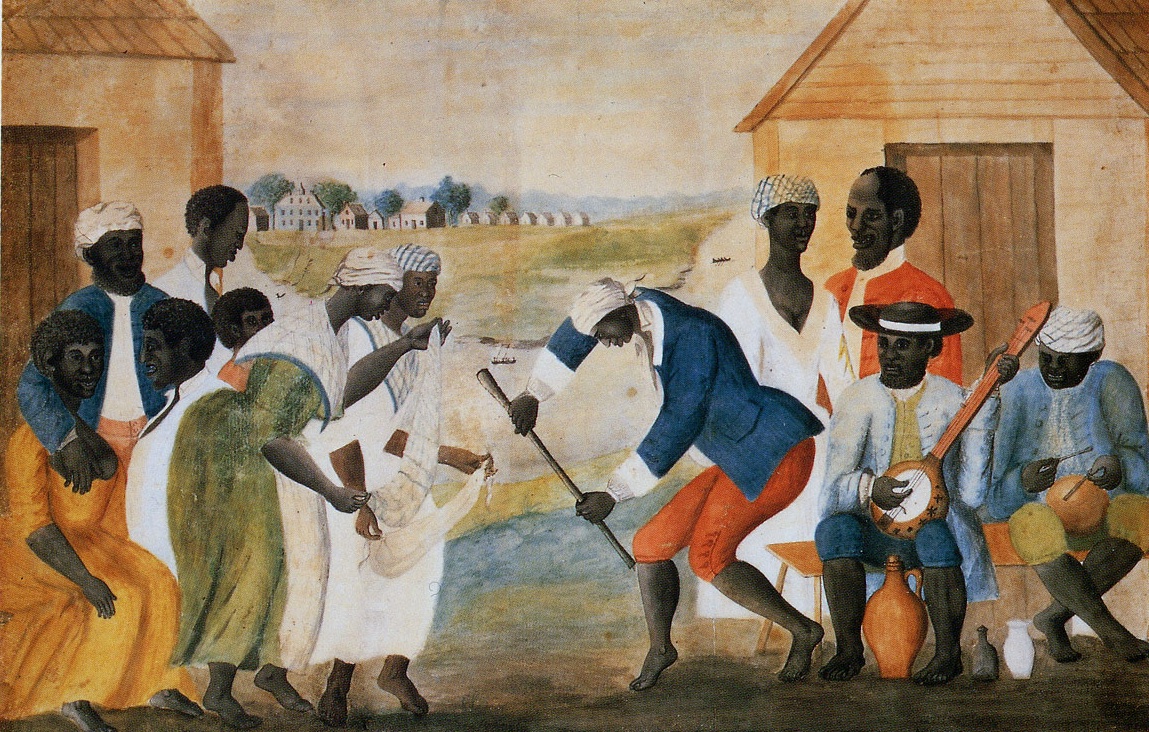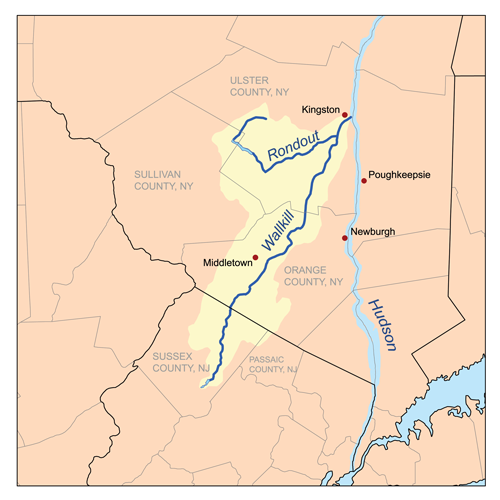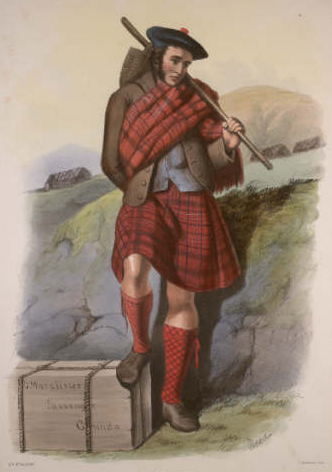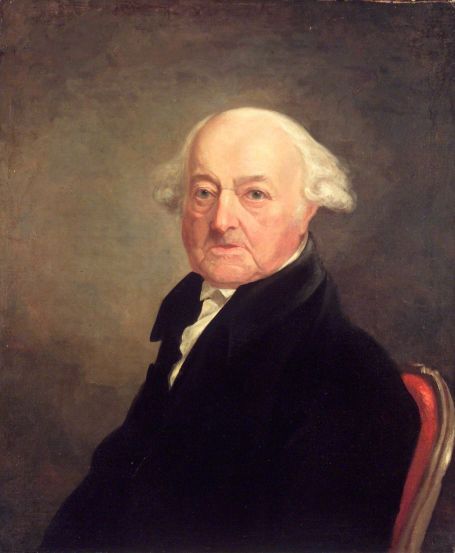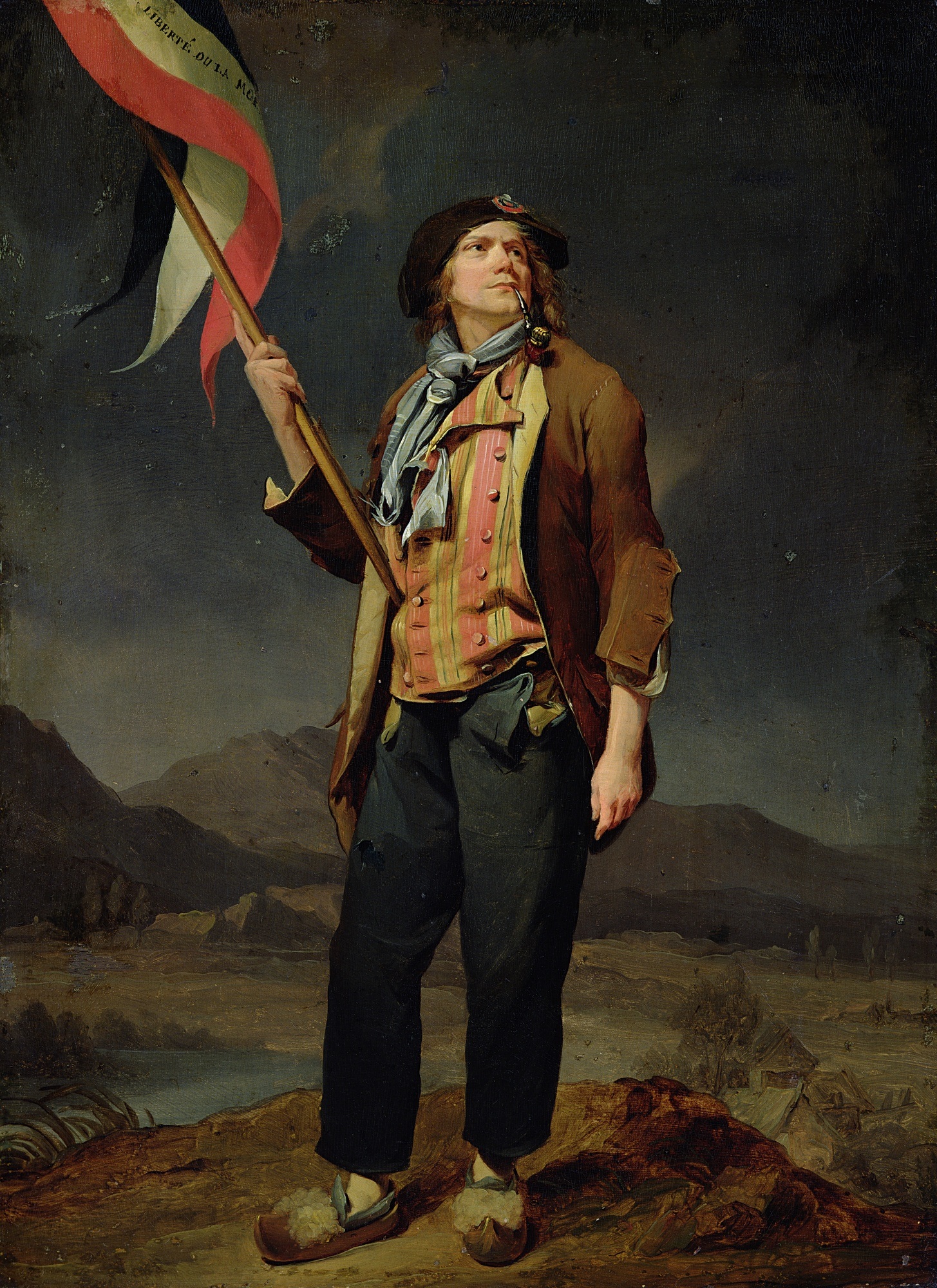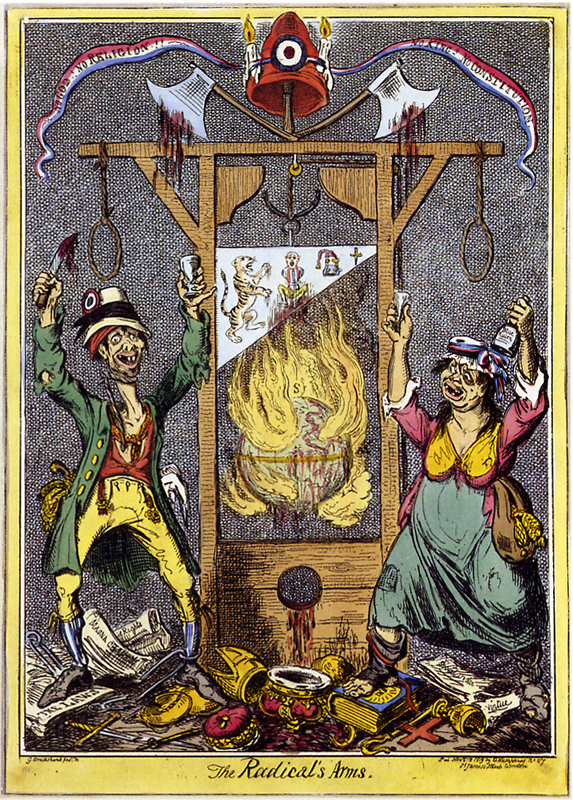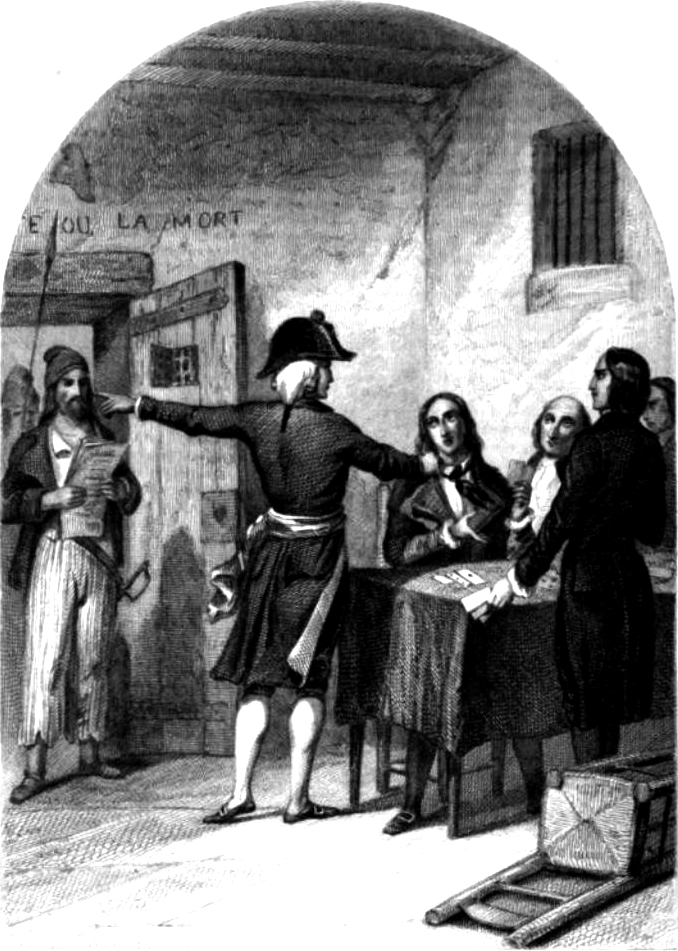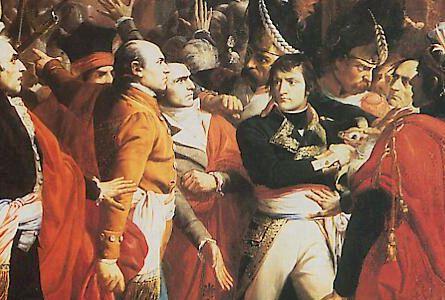But will Quebec remain a French Speaking state, or will it go the way of Louisiana?
OTL there was Movement of Settlers across Lakes Erie & Ontario, This was Light & ended by the war 1812. ITTL with Ontario being USian, This will be larger, and will not stop.
Meanwhile settlement will move north thru VT/N.H. [?Are the northern Borders set yet?]. I see the whole [OTL] Quebec/Ontario Territory being divided Into several states, as Immigrants pour in.
The US is going to get the Bulk of European Immigrants. While some British [Highlanders -post 67] will go to the DSA, It will never be that heavy.
With the No Slaves in the NW Ordinance [?Was it called that ITTL?] And stronger Abolition Movement In New England, Most Slaves will be sold South.
This will Make a lot more of the Southern States - Negro Majority - areas. This will Help depress Immigration to the DSA.
I don't see Immediate freeing of the Slaves, But Earlier and more widespread Gradualism [aka OTL plans].
This means the northern states [except NY] win, and remaining Slaves are in the Constitution as Zero people. [Southern States (not in This US.) wanted them counted as whole people]
?I'm Wondering if the Price drop when the US Slaves are sold South, leads to more Indians [5 tribes] owning Slaves.?
?Does the cheaper Slave prices boost the number of Black Slave Owners?
I can see more Free Black Farmers being able to afford to buy the Cheaper slaves, OTOH with out the freeing of Black Soldiers post ARW in the south, there are fewer Free Blacks.
Maybe
a wash, with more of the free blacks having slaves, but fewer free blacks to do so.
Whe are going to have both the US & GB pushing Spain to declare the Mississippi OPEN.
However even if GB & DSA take Lousiana, I think there would be problems with the DSA extending into Texas.
While the US with it's larger Immigration will move across the North reaching the Pacific long before the DSA.
?Any chance the DSA will solve it's Indian Problem by pushing them south into Florida? Creek-Seminole wars

This More Northern US will be more Mercantile oriented, and may just continue to pay the Berber's, instead of getting into a War.
US control of Nova Scotia/New Brunswick area will have butterflies in the Development of the Clipper ship, as the competition between US, and the Canadian shipbuilders, drove several of the advancements.
During the 1850's British Tea Companies spend Millions buying land, & importing Celanese workers to develop Tea plantations in North Carolina.
If the British Control of DSA has them doing this earlier - There may not be the Race to get the First/Freshest Teas from China/India, So the Clipper may not develop at all.
